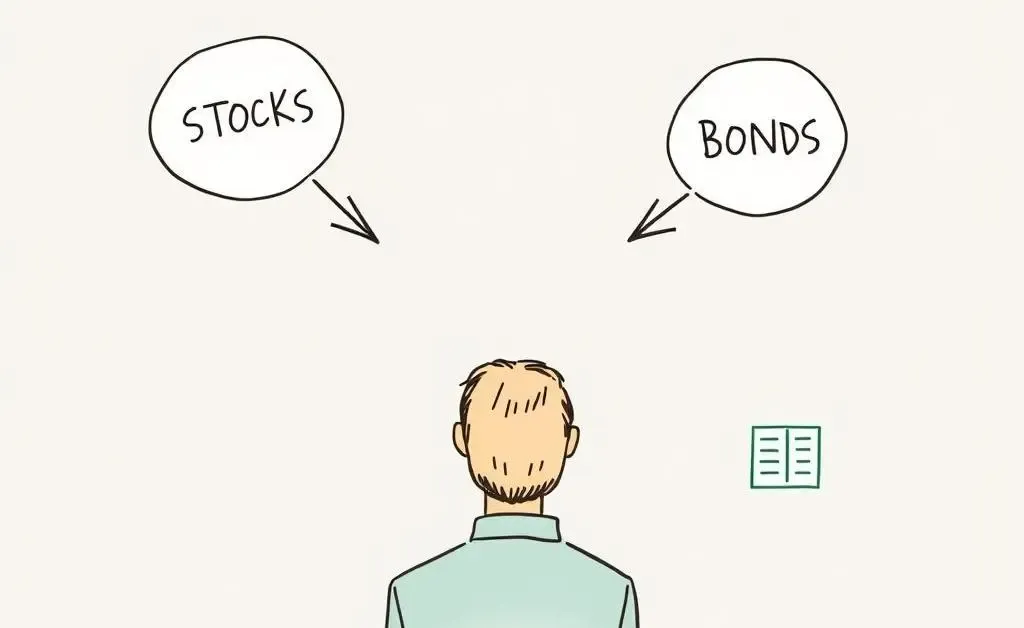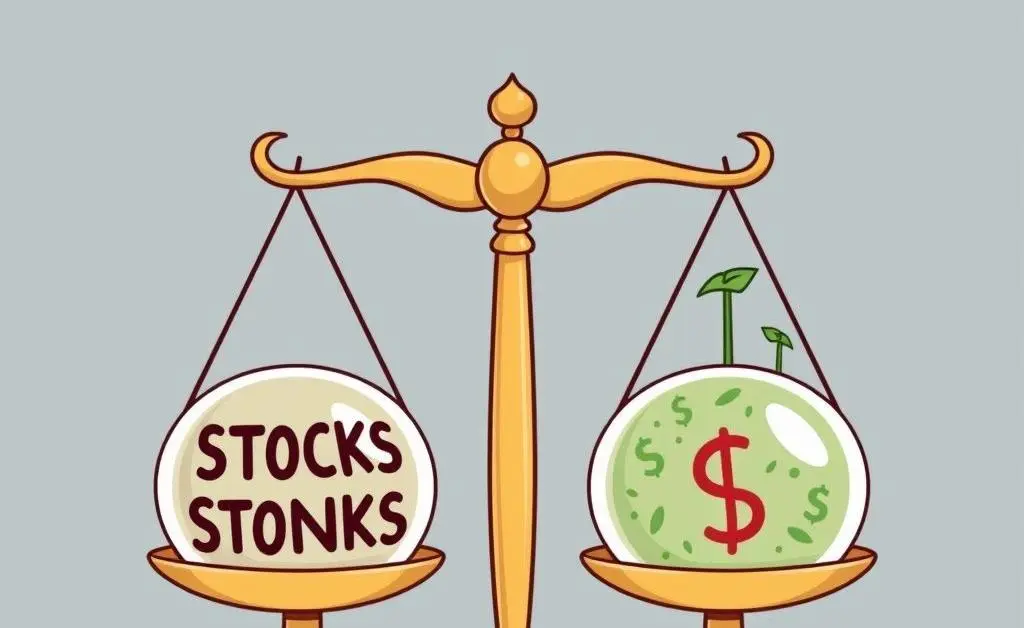Is a No-Bond Investment Strategy Right for You?
Explore the pros and cons of a no-bond investment strategy with insights on diversifying for growth and personal finance goals.

When it comes to investing, everyone seems to have their own magic formula. While some swear by the age-old wisdom of balanced portfolios, others are leaning towards a more aggressive approach with a stocks-only strategy. Could skipping bonds altogether be the secret to turbocharging your investments? Let's dive in!
Why Some Investors Skip Bonds
In the investment world, bonds are often seen as the stabilizer, the calming influence that might not provide massive gains but offers some security. However, there are a few reasons why some investors choose to forego them entirely.
- Potential for higher returns: Stocks have historically outperformed bonds over the long run. If you're in it for growth, the allure of stocks is hard to resist.
- Risk tolerance: If you have a high tolerance for market volatility, the ups and downs of stocks might not seem daunting.
- Long-term outlook: Younger investors with time on their side often choose to go heavy on stocks to grow their wealth over decades.

Drawbacks of a Zero-Bond Portfolio
Of course, not everything about skipping bonds is rosy. Here are some considerations to keep in mind:
- Increased volatility: Without bonds to smooth the ride, a portfolio of only stocks can be a rollercoaster, swinging dramatically with the market.
- Less diversification: Bonds provide a cushion against market plummets, acting as a counterbalance during downturns.
- Income generation: Bonds offer predictable income, which can be especially useful during retirement.

Is This Strategy Right for You?
This approach isn't for everyone. Here are a few questions to ponder when considering a zero-bond strategy:
- What's your risk tolerance? Can you sleep at night knowing your portfolio could drop substantially during a market downturn?
- What's your investment timeline? If you're planning for long-term growth and have time to ride out the lows, this might suit you.
- Do you have alternative income streams? Bonds may not be necessary if you have other sources of passive income.

Conclusion: Tailoring Your Investment Approach
Ultimately, the decision to run a zero-bond portfolio depends on your personal financial situation, goals, and risk appetite. There's no one-size-fits-all answer in the world of investing, but understanding the pros and cons can lead you to a strategy that fits your lifestyle and objectives. What are your thoughts on playing it safe with bonds versus chasing higher returns with stocks?




